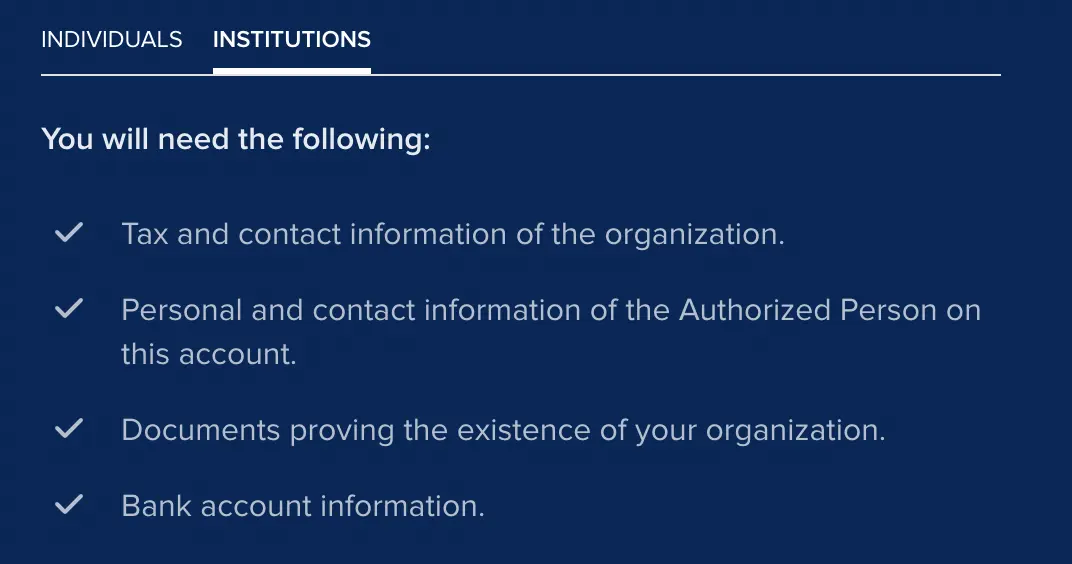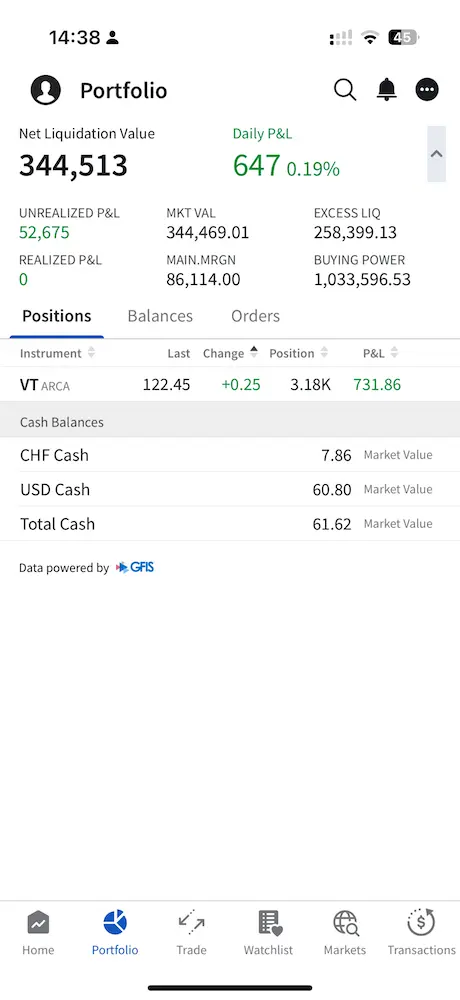“Hmm, what do I do with the profits in my companies, if I don’t need this money?!”
This is the question I asked myself a few years ago…
At the beginning of my FIRE adventure, I had just one salary. I paid tax on this. And I invested all the rest of my savings. Easy.
Then, with my real estate purchases via a company, I began to have additional income (rent) sitting dormant in a bank account.
It was the same for my blog company.
What should I do with the profits from my Swiss company?
I reflected on this question wondering whether I should pay myself a salary or dividends.
But in fact, I was going to pay tax on these gains whatever the case…
However, I don’t need this income while I’m in the money-making phase of my journey to financial independence.
So why not keep these savings in the company accounts and invest them through a business trading platform, allowing them to grow while also protecting against inflation to maintain their value over time?
I looked into this thoroughly, and for as long as the capital gains (i.e. the increase in value that ETFs or stocks can make over several years) have not been realized, meaning that I don’t sell anything, then I’m not taxed as a legal entity on this potential gain.
This quickly led to a follow-up question…
Which is the best trading platform for a company?
Just like with online brokers for investing my savings as a private individual, I compared the available trading platforms as a company (legal entity).
So I started with the same list of brokers, which are:
And I looked to see which of these companies offered an online trading platform for companies:
| Trading platform | Professional account? | Minimum deposit |
|---|---|---|
| Interactive Brokers | ✅ | CHF 1 |
| DEGIRO | ❌ | n/a |
| Saxo | ✅ | CHF 250'000 |
| Cornèrtrader | ❌ | n/a |
| Charles Schwab | ✅ | USD 250'000 |
| Swissquote | ✅ | EUR 500'000 |
Since my company doesn’t meet the CHF 250'000 minimum investment requirement for the stock market and Interactive Brokers is the best online broker for businesses with the most competitive fees, the decision was an easy one!
Because yes, Interactive Brokers offers the same advantageous trading conditions to legal entities as to private individuals!
Interactive Brokers is therefore the best trading platform for a Swiss company that wants to invest its profits in the stock market in order to make them grow.
For info, I’m listing below all the types of Interactive Brokers accounts that you can open:
If you haven’t yet read it, I recommend my Interactive Brokers extensive guide for beginners in Switzerland (free).
How do I open an Interactive Brokers brokerage account for a company?
I was expecting it to be an uphill struggle to open a professional investment account on Interactive Brokers as a legal entity. And in fact it wasn’t at all. You fill in the same information as for a private investment account, except that you input the information of your Swiss company
And here is the key information you’ll need to create your professional account on the Interactive Brokers website:
How do I invest in the stock market with IBKR for my Swiss company?
Personally, I invest the profits of my company in the same way as I invest my private savings: all our Swiss francs go into the VT ETF!
Why? Because I want to keep my investments for more than 8-10 years, and so that’s the best diversified way to obtain a worthwhile return without having to spend hours on it. No thanks to the structured products or CFDs of which I understand nothing (like many of those who sell them…)
For the Interactive Brokers platforms, you have access to the same ones as for your private IBKR account. Below is a screenshot of my mobile Interactive Brokers app for my business brokerage account:
Conclusion
When your Swiss company starts generating profits, the question arises of what to do with it… As an entrepreneur who is building his wealth over the long term, it’s better to make these profits grow by investing them in the stock market directly from your company.
And the best trading platform for a legal entity in Switzerland is Interactive Brokers, as it doesn’t have a minimum amount to open a professional account, AND above all, as it offers the most competitive fees in the whole world (transaction fees, custody fees, etc.)
You can open an Interactive Brokers account for a small Swiss company by using this link (if you click on it, you won’t notice any difference, but the blog will earn a small commission and I sincerely thank you for this).
FAQ
Are there any conditions for investing in the stock market as a legal entity in Switzerland?
From everything I’ve read, you just need to have a Swiss company listed in the company register to be able to open an account on an online trading platform. However, pay attention to the fact that some online brokers require a minimum investment amount for you to open an account.
LEI Interactive Brokers, what’s this?
You’ve opened an Interactive Brokers business account, and you learn that you can only use it if you have a LEI (Legal Entity Identifier) number.
Don’t worry, it’s just an administrative trifle. But compulsory nonetheless.
As explained by the Swiss Federal Statistical Office:
The LEI is a unique and globally valid identifier of legal entities involved in financial transactions. An internationally standardised identification number for financial market participants is intended to improve the quality of financial data and facilitate the assessment of systemic risks.
I recommend that you order yours directly from the Confederation’s official website: LEI Switzerland - Official website.
Indeed, this is where it will cost you the least. IBKR offers to handle the creation, but it’s a bit more expensive, as they charge a processing fee.
And, by the way… you have to renew that LEI number yearly (and pay each time…).
What are the advantages of investing in the stock market as a legal entity in Switzerland?
Just like for a private individual, investing a company’s profits in the stock market enables you to make your savings grow, and to protect them against inflation. And for a business investing in the stock market, a legal entity can benefit from tax savings when investing long-term, as profits don’t need to be withdrawn as salary or dividends before being reinvested.
Is tax payable on the capital gain realized (legal entity in Switzerland)?
When writing this article, I was reminded that legal entities are not treated in the same way as private individuals. A legal entity (meaning a company like a SA or Sàrl) pays tax on the capital gain realized. Specifically, this capital gain (on the increase in value at the time the stocks or ETFs are sold, for example) will be added to the net profit, which is taxed.
So there may be good reason to wonder whether it might make more sense to not invest in the stock market via a professional account, but on the contrary withdraw all the profits and invest them as a private individual. Yes… but… no! Because as long as you don’t sell your ETFs or stocks as a legal entity, you don’t get taxed. Neither on the potential increase in value, nor on the withdrawal of these profits from your company. And as a Mustachian entrepreneur, you’re going to keep your assets in the stock market for as long as possible, so it makes sense to invest in the stock market via your Swiss company.
But this subject would benefit from more in-depth attention along with some examples. I’ll keep this for a separate article (let me know if that interests you, I’ll prioritize the article accordingly).
If you had CHF 250'000, would you choose Schwab or Interactive Brokers?
The day my company has 250'000 Swiss francs to invest, I’ll still stay with Interactive Brokers Switzerland.
Indeed, Schwab has the following disadvantages compared to IBKR:
- More expensive Swiss ETF transaction fees
- More expensive currency change fees
- No IBAN in CHF (USD only)



